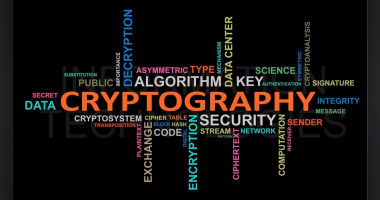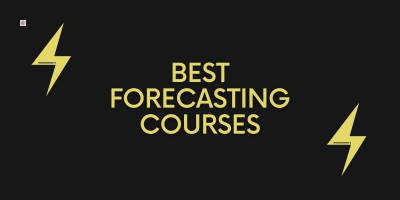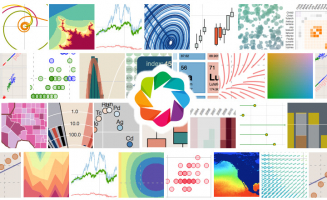Top 7 Best Online Bayesian Courses
Some statistical problems can only be solved with probability, and Bayesian is the best approach to apply probability to statistical issues. It gives you ... read more...access to various mathematical tools that enable you to see new data or evidence about random events. If you’re involved in any role that requires solving complex problems, it is crucial to know Bayesian methodology. Here, by providing some of the best online Bayesian courses, Toplist will assist you in developing crucial Bayesian skills.
-
This is the second course in a two-part series on Bayesian statistics fundamentals. It builds on the course Bayesian Statistics: From Concept to Data Analysis, which uses simple conjugate models to introduce Bayesian methods. To arrive at realistic conclusions, real-world data frequently necessitates the use of more sophisticated models.
This course aims to broaden the "Bayesian toolbox" by introducing more general models and computational methods for fitting them. You'll go over Markov chain Monte Carlo (MCMC) methods in particular, which allow sampling from posterior distributions that don't have an analytical solution. You will work with the open-source, freely available software R and JAGS (some experience with R is assumed, such as having completed the previous course in R) (no experience required). To answer scientific questions involving continuous, binary, and count data, you'll learn how to build, fit, assess, and compare Bayesian statistical models.
To create an active learning experience, this course combines lecture videos, computer demonstrations, readings, exercises, and discussion boards. The lectures cover some basic mathematical concepts, as well as explanations of the statistical modeling process and a few common statistical modeling techniques. Computer demonstrations give you a step-by-step walkthrough. After completing this course, you will have access to a variety of Bayesian analytical tools that can be tailored to your specific data.
This course offers:
- Flexible deadlines: Reset deadlines based on your availability.
- Shareable certificate: Get a Certificate when you complete
- 100% online
- Course 2 of 5 in the Bayesian Statistics Specialization
- Intermediate level
- Approx. 30 hours to complete
- Subtitles: Arabic, French, Portuguese (European), Italian, Vietnamese, German, Russian, English, Spanish
Course ratings: 4.8/5
Enroll here: https://www.coursera.org/learn/mcmc-bayesian-statistics

online.stanford.edu 
thebottomline.com -
From machine learning to data analysis to sports betting and more, Bayesian statistics is used in a wide range of applications. Bounty hunters have even employed it to find gold-laden shipwrecks!
Bayesian statistics are presented in its entirety in this introductory course. Both those just getting started with Bayesian statistics and those with some background who want to learn more about it thoroughly should find it useful. In order to differentiate between the Frequentist approach and the Bayesian approach, you must first define what probability actually is.
You will then examine conditional probability, derive what is known as the "Baby Bayes' Theorem," and apply it to a variety of situations, such as Venn diagram, tree diagram, and normal distribution problems.
Following that, you will use two extremely well-known counterintuitive examples to derive Bayes' Theorem itself. After that, you'll look at the riddle Thomas Bayes posed more than 250 years ago and see how Bayes' Theorem and a little calculus can help you solve it.
Who this course is for:
- People who want to understand Bayes' Theorem intuitively and deeply.
- People interested in probability.
- Data scientists looking to develop their understanding of probability theory.
- Students interested in deepening their understanding of probability.
Requirements
- An understanding of probability basics.
Course ratings: 4.8/5
Enroll here: https://www.udemy.com/course/introduction-to-bayesian-statistics/

manufacturingchemist.com 
linkedin.com -
A/B Bayesian Machine Learning in Python Comparing things is at the heart of testing. The Bayesian approach is a completely different way of approaching probability. It is also very effective, and many machine learning experts frequently mention that they "subscribe to the Bayesian school of thought" in their statements.
First, you'll test whether using adaptive methods can make traditional A/B testing better in this course. You can overcome the explore-exploit conundrum using any of these. You will discover the epsilon-greedy algorithm, which you might be familiar with from reinforcement learning. UCB1, a related algorithm, will also enhance the epsilon-greedy algorithm. And finally, if you take a fully Bayesian approach, you'll outperform both of those.
While you will perform conventional A/B testing in this course in order to understand its complexity, you will eventually get to the Bayesian machine learning approach to problem solving. This is definitey one of the best online Bayesian courses.
Who this course is for:
- Students and professionals with a technical background who want to learn Bayesian machine learning techniques to apply to their data science work
Requirements
- Probability (joint, marginal, conditional distributions, continuous and discrete random variables, PDF, PMF, CDF)
- Python coding with the Numpy stack
Course ratings: 4.6/5
Enroll here: https://www.udemy.com/course/bayesian-machine-learning-in-python-ab-testing/
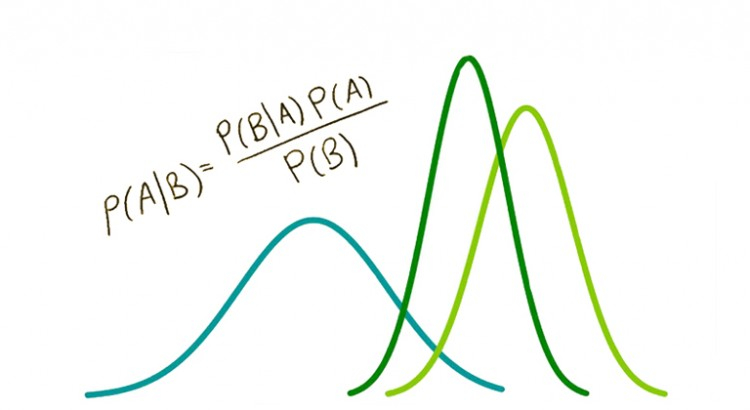
lacol.net 
opendatascience.com -
The Bayesian approach to statistics is introduced in this course, which begins with the concept of probability and progresses to data analysis. You'll learn about the Bayesian approach's philosophy as well as how to apply it to various types of data. You'll see how the Bayesian approach compares to the more commonly taught Frequentist approach, as well as some of the advantages of the Bayesian approach.
The Bayesian approach, in particular, allows for more explicit statements of assumptions, better accounting of uncertainty, and results that are more intuitive and interpretable. To create an active learning environment, this course incorporates lecture videos, computer demonstrations, readings, exercises, and discussion boards. You can use either Microsoft Excel or the open-source, freely available statistical package R for computing, with both options providing equivalent content.
The lectures cover some of the fundamental mathematical concepts as well as philosophical and interpretive explanations. This course will provide you with an understanding of the Bayesian approach's concepts, as well as the key differences between Bayesian and Frequentist approaches, as well as the ability to perform basic data analyses.
This course offers:
- Flexible deadlines: Reset deadlines based on your availability.
- Shareable certificate: Get a Certificate when you complete
- 100% online
- Course 1 of 5 in the Bayesian Statistics Specialization
- Intermediate level
- Approx. 12 hours to complete
- Subtitles: Arabic, French, Portuguese (European), Italian, Vietnamese, German, Russian, English, Spanish
Course ratings: 4.6/5
Enroll here: https://www.coursera.org/learn/bayesian-statistics

stat.mit.edu 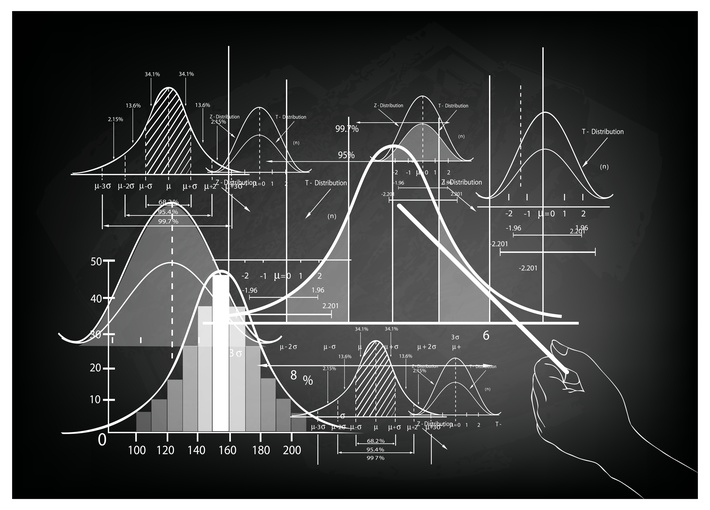
datasciencecentral.com -
Bayesian Statistics: Mixture Models introduces you to a class of statistical models known as Bayesian statistics. Each of the five modules contains lecture videos, short quizzes, background reading, discussion prompts, and one or more peer-reviewed assignments. Because statistics is best learned by doing rather than watching a video, the course is designed to assist you in learning through application.
R, a free statistical software package, is required for some exercises. A brief tutorial is provided, but if you are interested in learning R, you are recommended to use the many other resources available online.
After Herbie Lee's "Bayesian Statistics: From Concept to Data Analysis" and Matthew Heiner's "Bayesian Statistics: Techniques and Models," this is an intermediate-level course that was designed to be the third in UC Santa Cruz's Bayesian statistics series. You should be familiar with calculus-based probability, maximum-likelihood estimation principles, and Bayesian estimation in order to succeed in this course.
This course offers:
- Flexible deadlines: Reset deadlines based on your availability.
- Shareable certificate: Get a Certificate when you complete
- 100% online
- Course 3 of 5 in the Bayesian Statistics Specialization
- Intermediate level: Familiarity with calculus-based probability, principles of maximum-likelihood estimation, and Bayesian estimation.
- Approx. 22 hours to finish
- Subtitles: French, Portuguese (European), Russian, English, Spanish
Course ratings: 4.6/5
Enroll here: https://www.coursera.org/learn/mixture-models
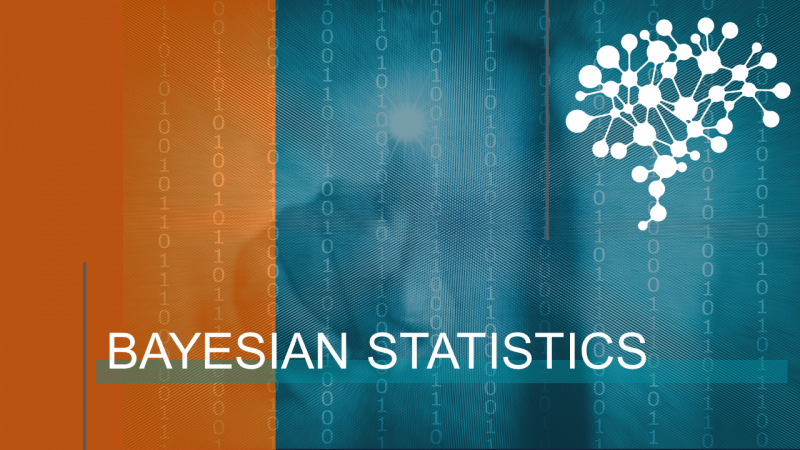
learn.pharmalex.com 
dynamicyield.com -
Bayesian statistics is an enthralling field that is now at the heart of many statistical applications in data science and machine learning. The Bayes Theorem, Bayesian networks, Enumeration & Elimination for inference in such networks, sampling methods such as Gibbs sampling and the Metropolis-Hastings algorithm, Bayesian inference, and its relationship to machine learning will all be covered in this course.
This course, one of the best online Bayesian courses, is built around examples and exercises that allow you to develop intuition and put what you've learned into practice. Many of the examples are drawn from real-world applications in science, business, and engineering, as well as data science job interviews.
Despite the fact that this is not a programming course, it contains numerous references to programming resources related to Bayesian statistics. The course is designed specifically for students who have not had many years of formal mathematics education. The only prerequisites are a basic understanding of probability and high-school level mathematics, ideally a first-year university mathematics course.
Who this course is for:
- University students in science, business and engineering interested in learning about Bayesian Statistics for university or job interviews
- Practitioners in these fields interested in learning the central concepts of Bayesian statistics to apply them to real-world problems
Requirements
- High school level mathematics / ideally first-year university mathematics or statistics course
- Basic background in probability
Course ratings: 4.4/5
Enroll here: https://www.udemy.com/course/bayesian-statistics/
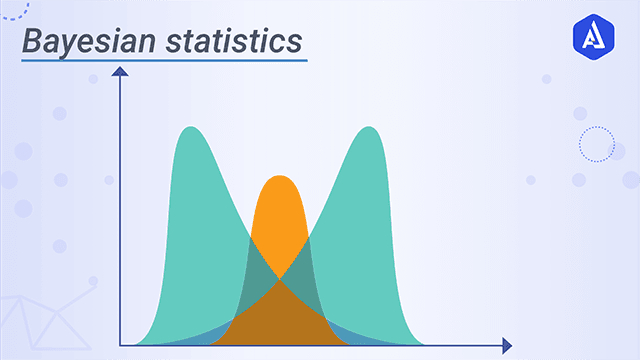
akira.ai 
digitaldefynd.com -
Bayesian Computational Analyses with R is an introductory course that teaches you how to use and implement Bayesian modeling in R. The Bayesian approach is an alternative to the "frequentist" approach, which involves taking a sample of data and inferring about the population's likely parameters. The Bayesian approach, on the other hand, estimates the most likely values and distributions for the estimated population parameters (the 'posterior') using both likelihood functions and a sample of observed data (the 'prior').
The course is appropriate for both novice and intermediate Bayesian students as well as Bayesian practitioners who want to learn about Bayesian concepts. It is both a practical, "hands-on" course with many examples using R scripts and software, as well as a conceptual course in which the Bayesian concepts are explained. The course materials include all materials, software, R scripts, slides, exercises, and solutions. It's beneficial to have a basic understanding of inferential statistics and probability theory. Experience with R is not required, but it is advantageous.
Who this course is for:
- The course is ideal for anyone interested in learning both the conceptual and practical side of using Bayes' Rule to model likely event outcomes.
- The course is best suited for both students and professionals who currently make use of quantitative or probabilistic modeling.
- It is useful to have a working knowledge of either basic inferential statistics or probability theory.
- It is NOT necessary to have prior experience using R software to successfully complete and to benefit from this course.
Requirements
- Students will need to install R and RStudio software, but ample instruction for doing so is provided in the course materials.
Course ratings: 4.2/5
Enroll here: https://www.udemy.com/course/bayesian-computational-analyses-with-r/
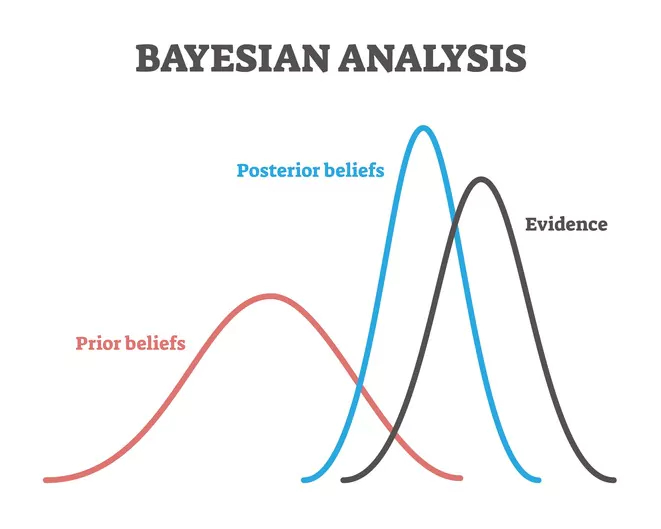
datainsights.de 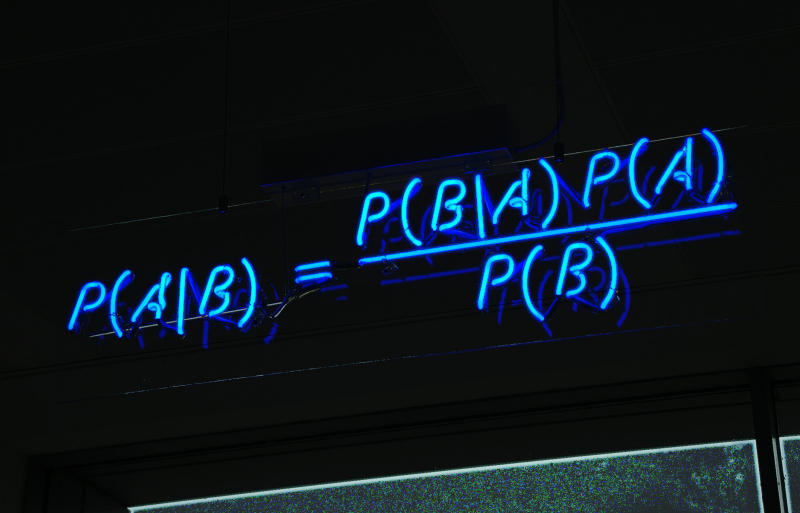
paulbarsch.wordpress.com












